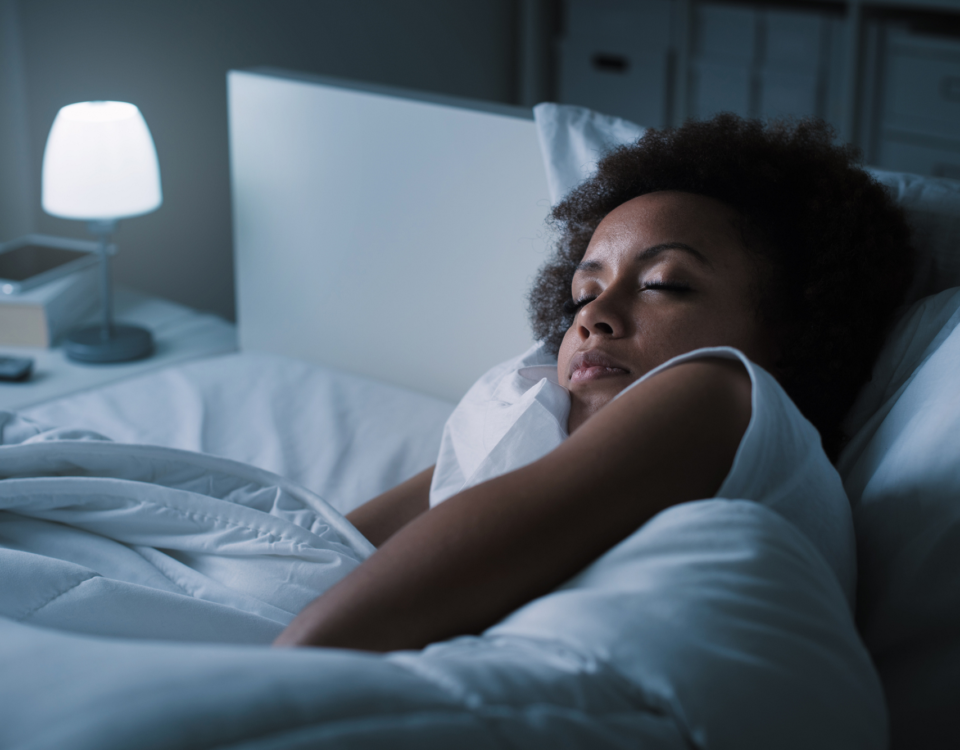Avoid This When Sleeping for Better Health
According to a new study conducted by researchers at Northwestern University, even moderate light exposure during sleep at night can harm cardiovascular health and increase insulin resistance, leading to heart disease, diabetes, and metabolic syndrome.
Researchers found that the heart rate increases when sleeping in a moderately lit room.
“Even though you are asleep, your autonomic nervous system is activated. That’s bad. Usually, your heart rate together with other cardiovascular parameters are lower at night and higher during the day,” said Dr. Daniela Grimaldi, co-author of the study.
In addition to turning off lights and closing the blinds, exposure to artificial light should also be avoided. Artificial light refers to indoor light-emitting devices or from sources outside the home, such as street lights in large urban areas. A large proportion of individuals (up to 40%) sleep with a lamp on or with a light on in the bedroom and/or keep the television on.
What Happens in the Body
Researchers found that insulin resistance is when cells in your muscles, fat and liver don’t respond well to insulin and can’t use glucose from your blood for energy. To make up for it, your pancreas makes more insulin. Over time, your blood sugar goes up.
Tips for a Better Night’s Sleep
- If you must have a light, make it a dim light that is closer to the floor and far away from the bed.
- Avoid using white or blue light. Instead, use amber or red/orange light, which is less stimulating to the brain.
- Invest in blackout curtains or a comfortable eye mask.










